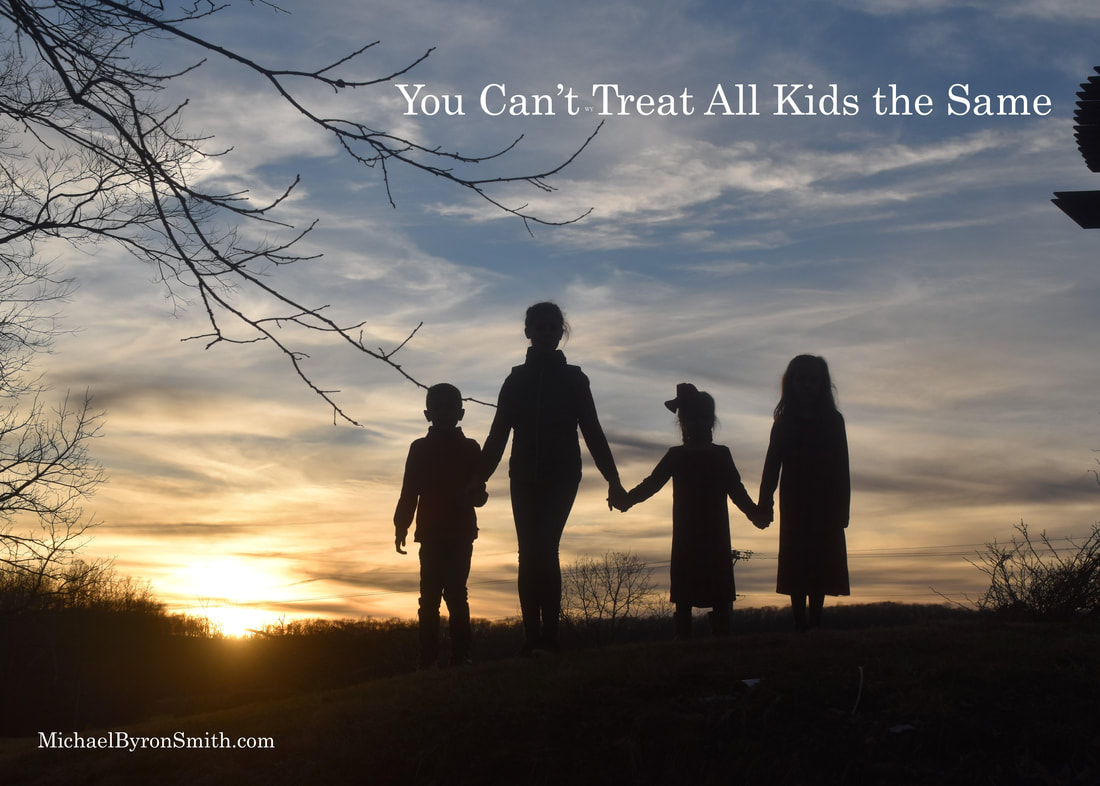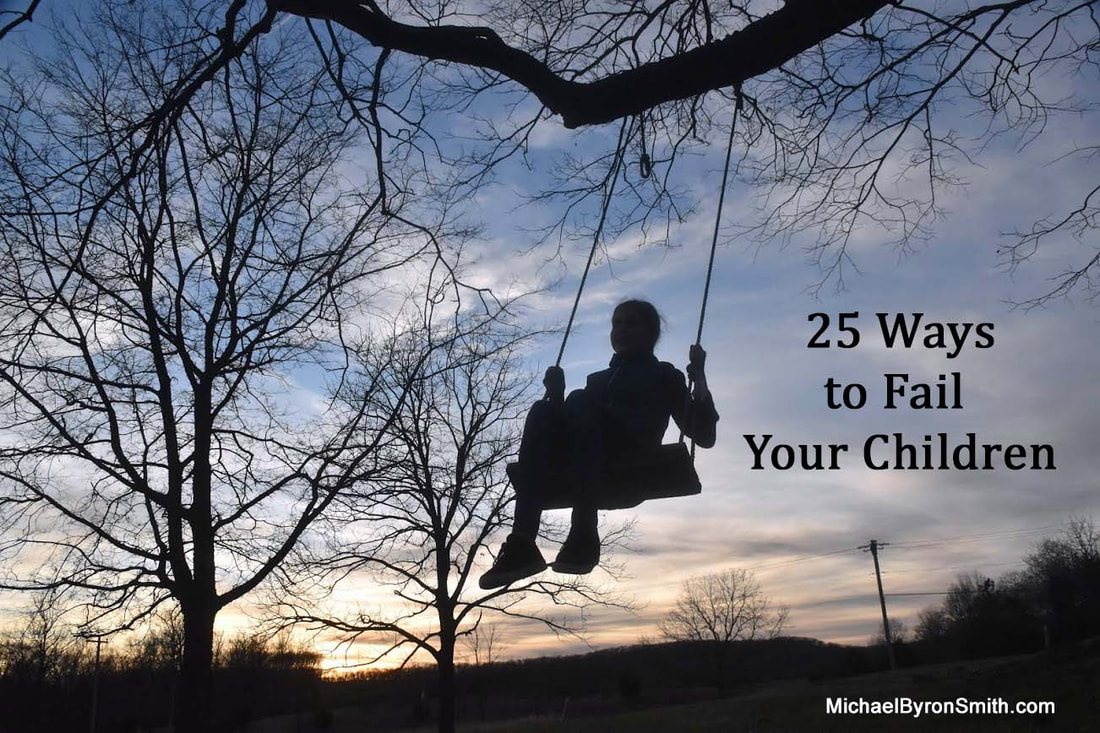
In my last blog post, I discussed life not being fair. I’d like to continue along that theme. The question here is why should a large majority give up their needs to satisfy a small minority, and when? The short answer, I believe, has to do with reasonable rights. As a country, I believe the Founding Fathers did a good job in this area, balancing the needs of all. That’s why we have a House of Representatives (representing the many) and a Senate (protecting the few) which check and balance each other.
Getting back to the family, if one member requests something different from everyone else, they have that right - IF specific reasons or needs exist. It could be they have allergies, diet needs, or a true revulsion (a rarity). If, however, they are only in a mood for something different, it’s not right to bear upon everyone else. There is something for Little Freddie at Taco Bell. He’s eaten there before.
Now let us go from a family level to a societal level. When should small groups impact much larger groups of citizenry in a negative or troublesome way? Again, it depends on rights and who defines those rights. The Americans with Disabilities Act (ADA) is a perfect example of a much smaller group of citizens causing a large group of citizens to be affected for the needs of that smaller group. The impacts are small in some ways, large in others, such as building requirements, heavy costs. But it is the right thing to do, and few would argue that point.
In the last few years, however, small, organized and unorganized groups are causing serious disruptions to the many that may not be necessary. I say ‘may not be necessary’ allowing for reasons yet unknown to me. I will mention a few.
- There has been a large cry by a few to defund the police. The few get satisfaction for real and perceived police misconduct. The many lose important community needs for safety, and increased crime.
- There have been sexually explicit books allowed in many elementary schools. For the few, this liberates certain lifestyle choices. For the many, children have been exposed to pornographic language and depictions before they or their parents are ready to touch upon a sensitive topic in the way they choose.
- The Black Lives Matter organization wants to tear down the idea of the nuclear family. The few get something from this for what I’m truly unsure. Of course, we know all families cannot be nuclear. The many are impacted by the real statistics that show more poverty, drugs, crime, and teen mothers occurring in non-nuclear families. Certainly, some non-nuclear families are very successful.
- Many District Attorneys in major cities are not prosecuting crimes. The few are claiming this is necessary for equity, protecting criminals’ rights. The many are impacted by higher crime, more expensive insurance, and a greater exposure of highly unethical acts to foul a neighborhood, culture, and society.
- A culture exists of canceling the free speech and activities with whom a few disagree. For these few, they are gaining leverage in their ideals. For the many, free speech is being restricted in US and some are losing rights and an their chosen way of living.
- Biological males who identify as female are being allowed in women’s restrooms and also competing physically with biological females. For the few, they are living a lifestyle more comfortable for them. For the many, this is uncomfortable, embarrassing, and intrusive. Or, in sports, this philosophy takes away recognition for truly outstanding physical performances by biological women.
- There has even recently been some defense of pedophiles! One Harvard professor says the term, 'pedophile' should be replaced with ‘minor-attracted person’. A recent reference in USA Today, since retracted, defended pedophiles as not always being active, and that non-podophiles defile children too, etc. For the few who have some sympathy for the sickness of pedophilia, they assume some necessary awareness, and seek societal help. For the majority, nothing is more important than protecting their children from predators!
While I have my thoughts on this, and the right to say them, you may have different thoughts, and you are welcome to them. But we should consider with much discussion when a few can have leverage over the many when no specific rights are violated. The few may feel this is not fair, and they may be right. But life is not fair! When choices must be made that are not fair, the edge should go to the majority, especially when rights are not being violated.














